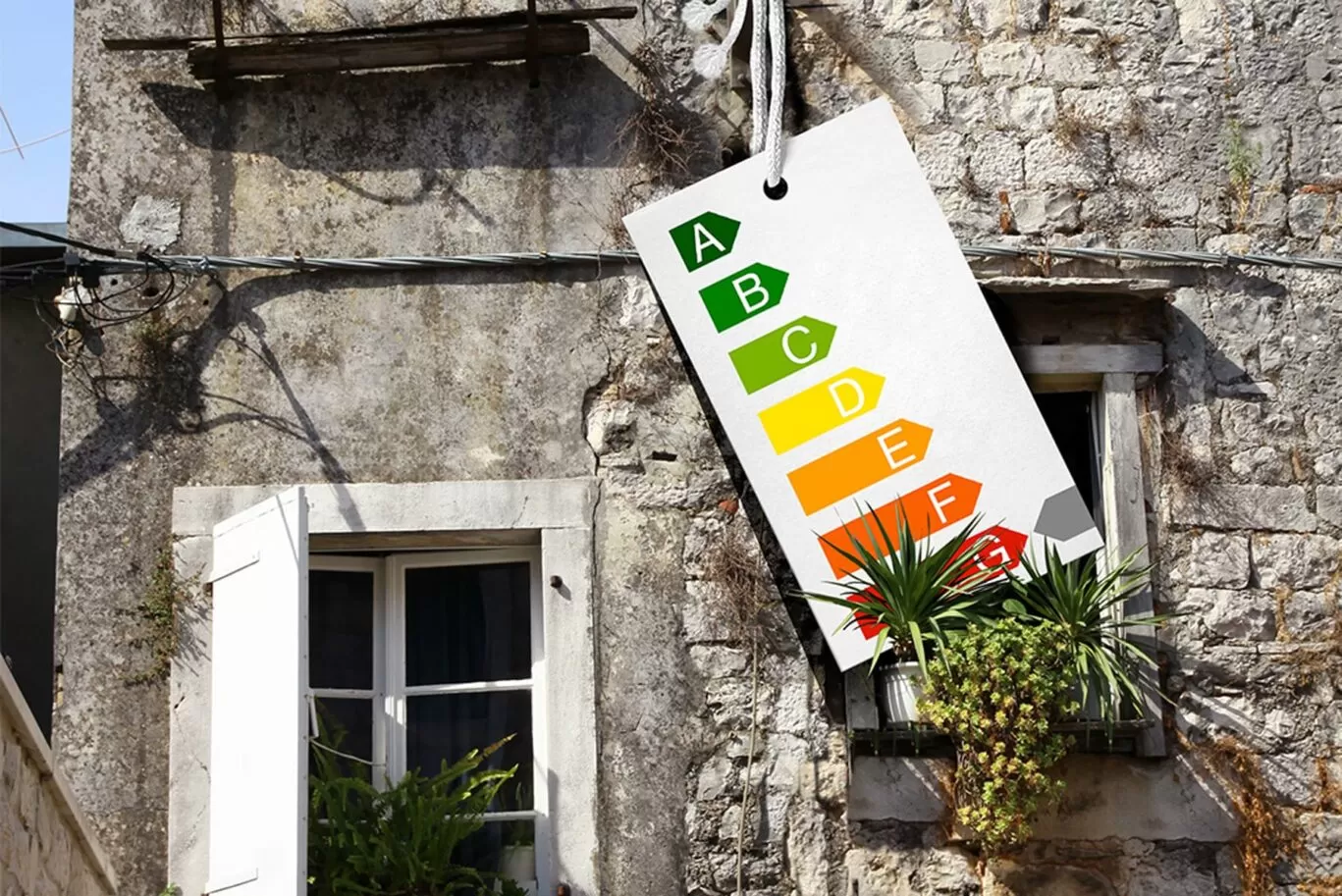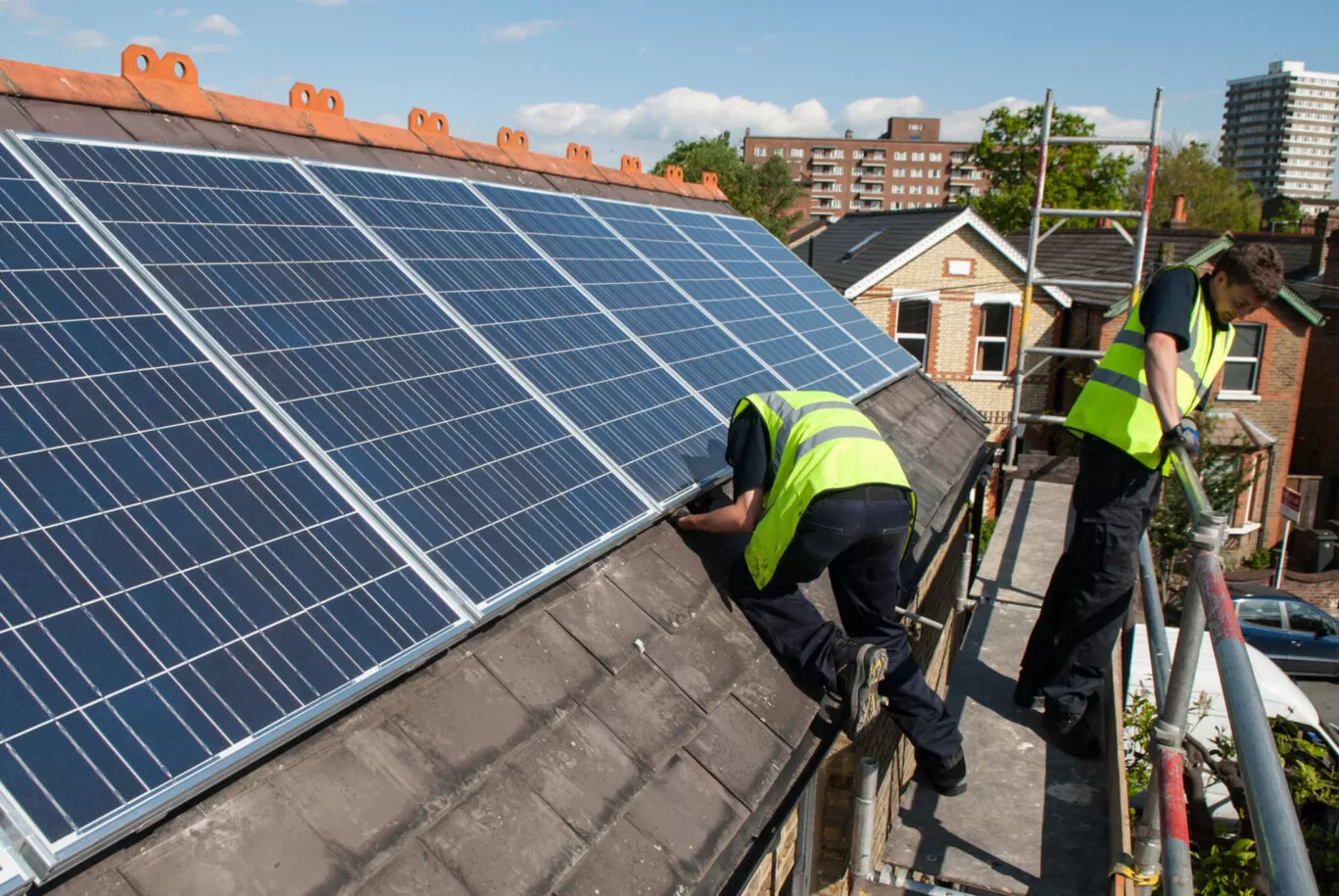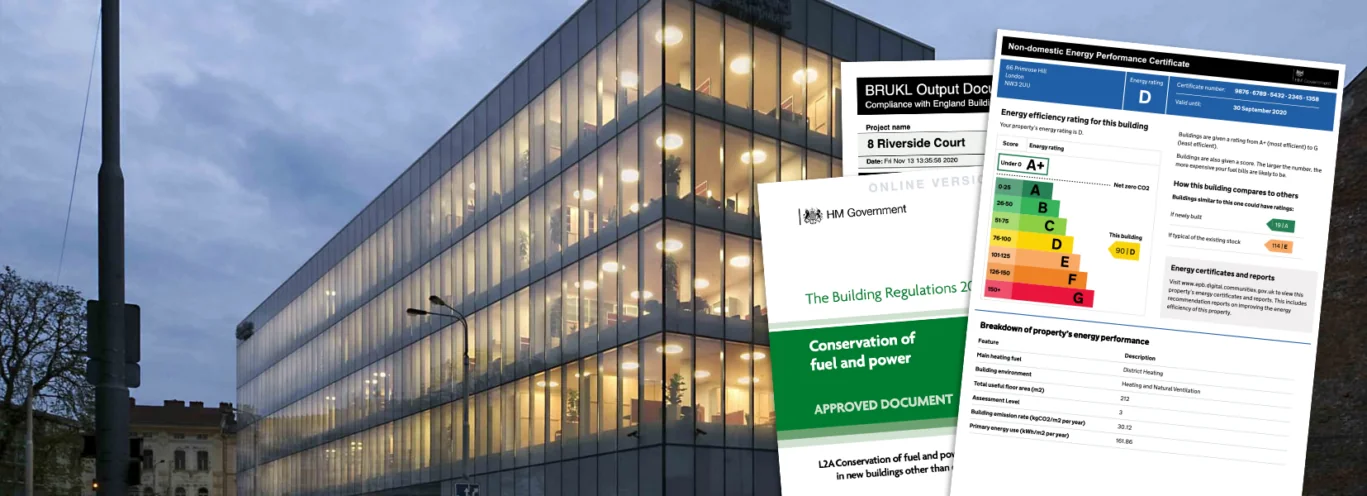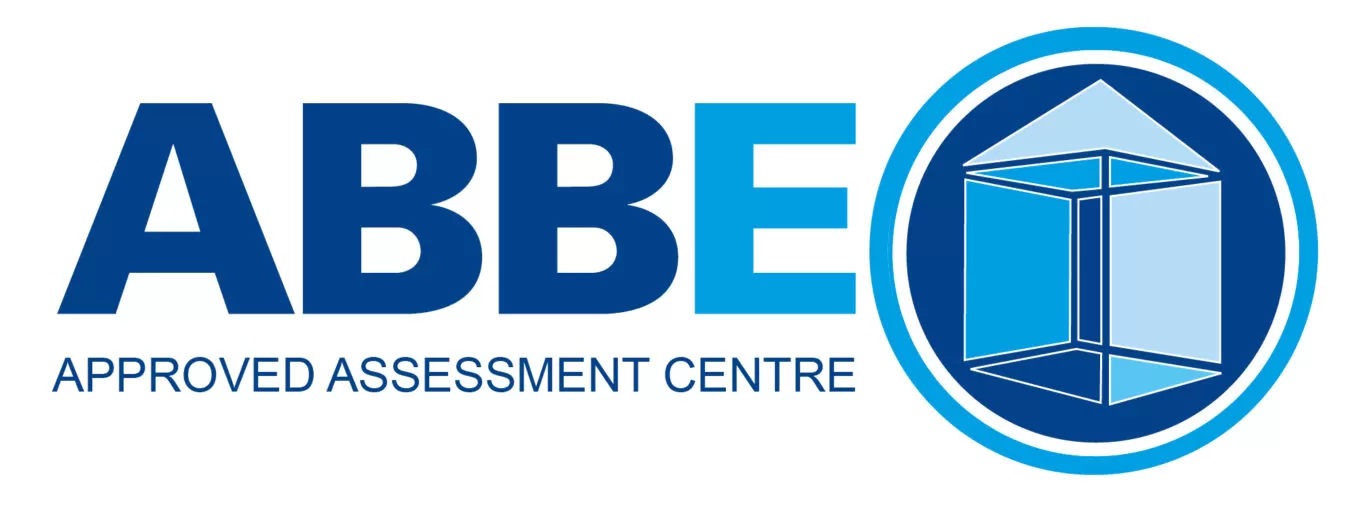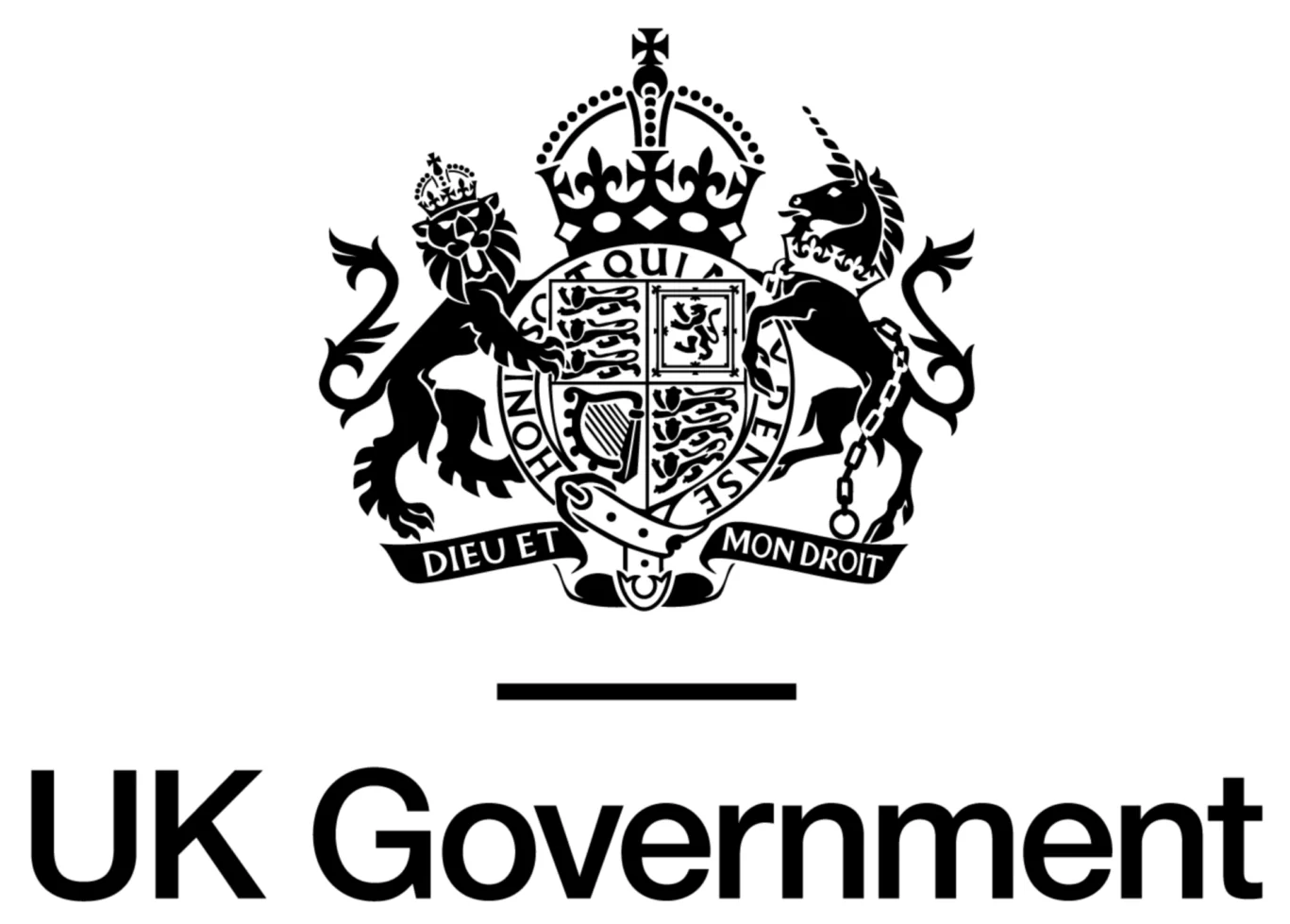Rising prices and rising sea levels continue to shine a light on how we handle our energy. Thousands of energy professionals across the country have a hands-on role in managing the UK’s energy infrastructure every day. Whether they’re working on new green technologies, or designing how to implement this tech on a house-by-house basis, we rely on energy professionals to shape a greener future.
But what does this mean for them; what are the benefits of a career in energy?
Building a Better Future
Historically, the energy industry has a lot to answer for as regards the health of the planet. According to some scientific groups, the damage humans have caused could be catastrophic to the health of the earth if something does not change. This is where energy professionals come in. We are relying on them to foster a greener, safer, more sustainable future for younger generations to enjoy. With a career in energy, you will contribute in some small but meaningful way to this purpose. It takes an army to enact real change and every energy professional gets to play a part.
An Innovative Industry
Boredom is a 21st century plague. It’s safe to say that not many people want to be doing the same exact thing, day in day out with no change in sight. The good news is, in the energy industry, this is scarcely the case. In response to rapidly developing problems, experts are constantly innovating new technologies and systems to address each challenge. This has led to huge leaps forward over the past few years. Just last year, the UK saw some significant innovations. For instance:
- The world’s largest offshore wind farm connected to the UK grid: In. October ‘Dogger Bank’ was connected to the UK Grid and starting exporting electricity to fuel Britain.
- 49% increase in UK EV public charging infrastructure: Over 50,000 EV chargers have been installed in over 30,000 locations across the nation.
- Heat Pumps now cheaper than gas boilers: The expansion of the Boiler Upgrade Scheme led to an increased uptake in heat pump installation over 2023. The grant allowed homeowners to fit their homes with heat pumps for less than the cost of a traditional gas boiler*
Thanks to this constant innovation, energy professionals are not at risk of secular boredom. They keep on the lookout for new tech, new legislation and new discoveries. These developments affect the houses they assess, and the measures they install. Ultimately, the scene of their work is always changing.

Demand Is High
Of course, job security is a concern for everyone in today’s climate. Does the energy industry have much to offer in this regard? Well, the United Kingdom has made some lofty promises for the future – including the target to reach Net Zero emissions by 2050. To meet these targets, we need boots on the ground to carry out the work. And we need lots of them.
The Warm Homes Skills Programme
The government has even recently launched a program specifically to address the need for more energy professionals. The Warm Homes Skills Programme is providing funding so that training centres can offer courses at highly reduced rates. This project is designed to move more people to join the ranks and become qualified as energy professionals. This is indicative of the need for energy professionals in the UK.
There are still a few funded places left on some of Energy Trust’s training courses. You can find out more or book your space here.
Flexibility
Many energy assessors work for themselves. For some, the idea of working in a traditional office environment 9-5 just doesn’t seem appealing. In that case, energy assessment or retrofit work could be a great option. Energy assessors are free to set their own hours, their own prices, and their own methods. This means they can make their job work for them. Equally though, it is possible to work through another company in a more traditional employee role, if this suits you better.
This is just a snapshot of a few of the reasons why now is a good time to get involved in the energy industry. There are far more benefits than we can cover in just one article. But if you would like to find out more about what a career in energy could look like for you, please consider taking one of Energy Trust’s professional training courses.
Energy Trust has been providing training in the energy space for over a decade. Thousands of successful energy professionals have gotten their start by training on one of our professional courses. We offer training in the following qualifications:
- Level 3 Award in Introduction to Domestic Retrofit
- Level 3 Certificate in Domestic Energy Assessment
- Level 3 Certificate for Retrofit Assessors
- Level 3 Award in Energy Efficiency for Older and Traditional Buildings
- Level 5 Diploma in Retrofit Coordination & Risk Assessment
- Level 3 Certificate in Domestic On Construction Energy Assessment
- Level 4 Diploma in Non Domestic Energy Assessment
If you would like to find out more about any of these courses, you can read more on our website. Or, feel free to get in touch on 0333 012 0002 and we’d be happy to answer any questions you may have. Also, find out how others felt about our training by reading some of our reviews.
Funded Training Courses
On August 1st 2025, the government is launching their new Warm Homes Skills Programme funding which will make funded PAS2035 & PAS2038 retrofit training available, including combined DEA and Retrofit training. Click the link below to find out more.
*Source: Current



